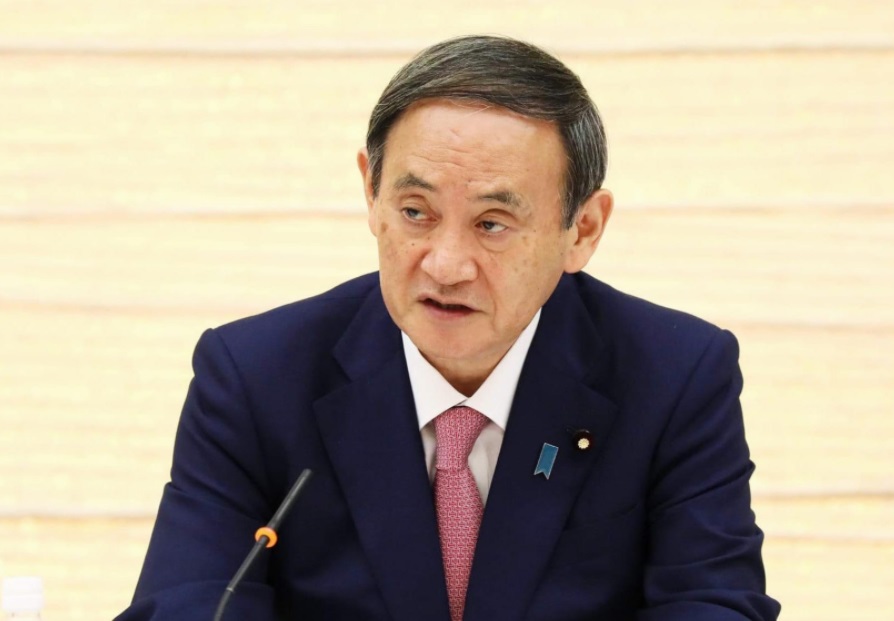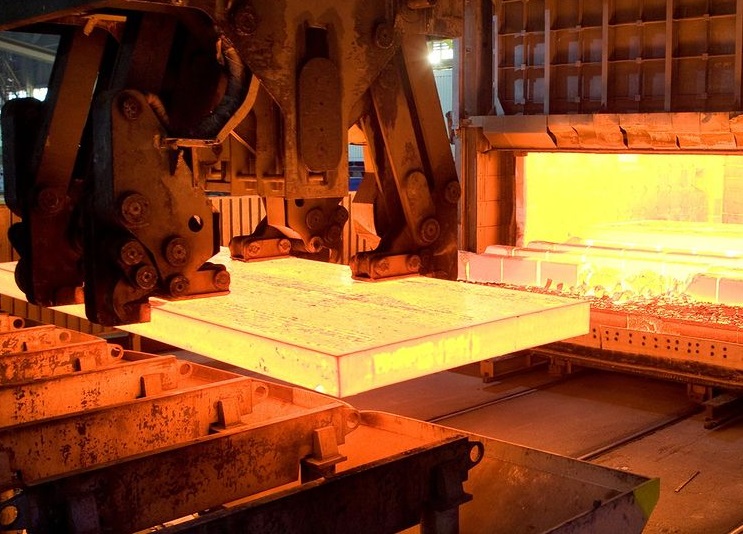Japan Commits to Net Zero Emissions by 2050
In his first policy address to Parliament today, recently elected Japanese Prime Minister Yoshihide Suga launched a major new sustainability commitment for the country, pledging to achieve carbon neutrality by 2050.
The new commitment marks a significant increase in Japan’s sustainability commitments. Japan’s prior goals were for an 80% emissions reduction by 2050, and a target to reach net zero “as soon as possible” after that date. Suga said that efforts to reach the new target would include investments in renewable energy and new energy storage technologies, as well as nuclear energy, enabling the country to cut its reliance on coal-fired power.
Japan’s new net zero initiative comes amidst an environment of major climate pledges by several countries. Last month, in a speech to the UN General Assembly, China’s President Xi Jinping made ground-breaking climate commitments for his country, including setting new targets for China to achieve climate neutrality by 2060, and an interim goal to reach peak emissions prior to 2030. Earlier this month, the European Parliament voted to raise its 2030 target for EU GHG emission reductions to 60% from the prior 40%.
Prime Minister Suga said:
“Responding to climate change is no longer a constraint on economic growth.
“We need to change our thinking to the view that taking assertive measures against climate change will lead to changes in industrial structure and the economy that will bring about growth.”
Suga added:
“I declare we will aim to realise a decarbonised society.”





